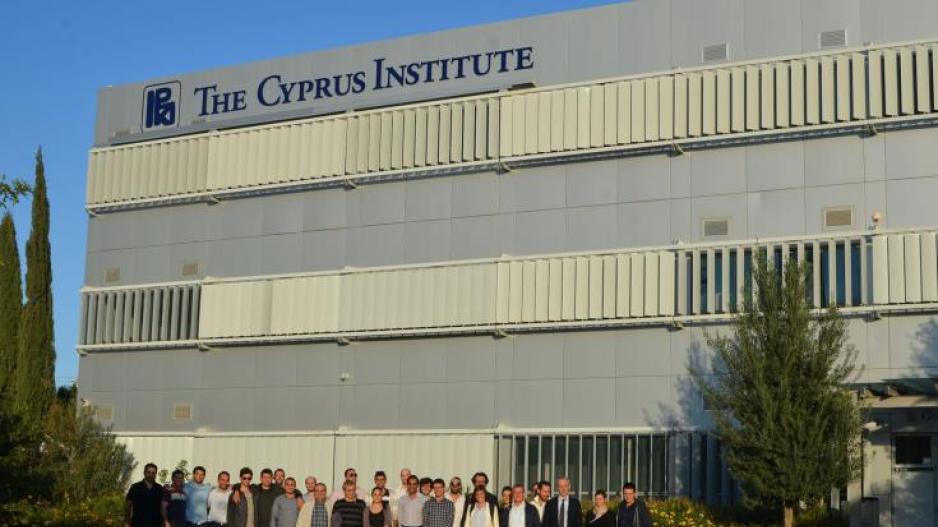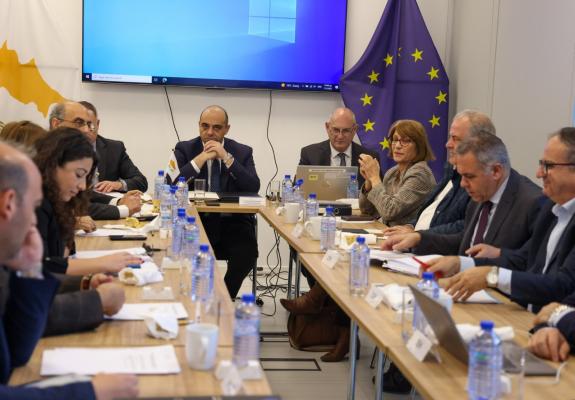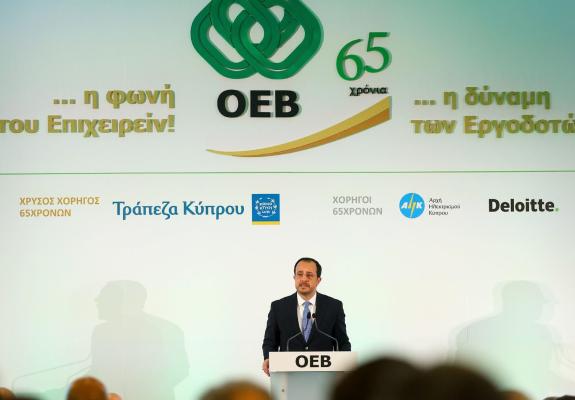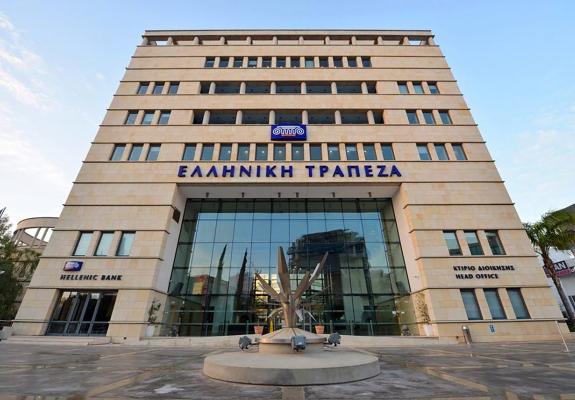Cyprus Institute Secures Prestigious ERA Chair in Archaeological Sciences
The ERA Chair initiative focuses on enhancing the research capacity of CyI.
The Cyprus Institute (CyI) has achieved a significant milestone by securing a prestigious ERA Chair in Archaeological Sciences under the Horizon Europe program. The chair, awarded to Professor Patrick Degryse, a global leader in isotope research, aims to advance analytical approaches to isotope studies, addressing key archaeological and environmental research questions.
The ERA Chair initiative focuses on enhancing the research capacity of CyI, enabling its researchers to address fundamental archaeological and environmental challenges in Cyprus and the surrounding region. This development will foster collaborative opportunities, both within Cyprus and with neighboring countries, reinforcing the island’s role as a regional hub for science and innovation.
During the announcement ceremony, Professor Stavros Malas, President of CyI, highlighted the institute's pioneering role, marking this as the fourth ERA Chair awarded by the European Commission to CyI in a decade. He praised Professor Degryse for his achievements, emphasizing the ERA Chairs' contribution to advancing research excellence.
Deputy Minister of Culture Vasiliki Kassianidou described the award as a tremendous success achieved through a highly competitive process. She underlined the ERA Chair’s potential to attract high-caliber researchers, offering new collaboration opportunities and solidifying Cyprus's position in international research.
Georgios Komodromos, Deputy Director General of the Deputy Ministry of Research, Innovation, and Digital Policy, noted that this milestone reflects Cyprus's commitment to research excellence and its vision of becoming a regional hub for science and innovation.
Professor Degryse highlighted the significance of the project, which focuses on advancing expertise in stable and heavy isotope studies. These approaches will unify environmental archaeology, human diet and mobility studies, and archaeological material research, contributing to the field’s development.






